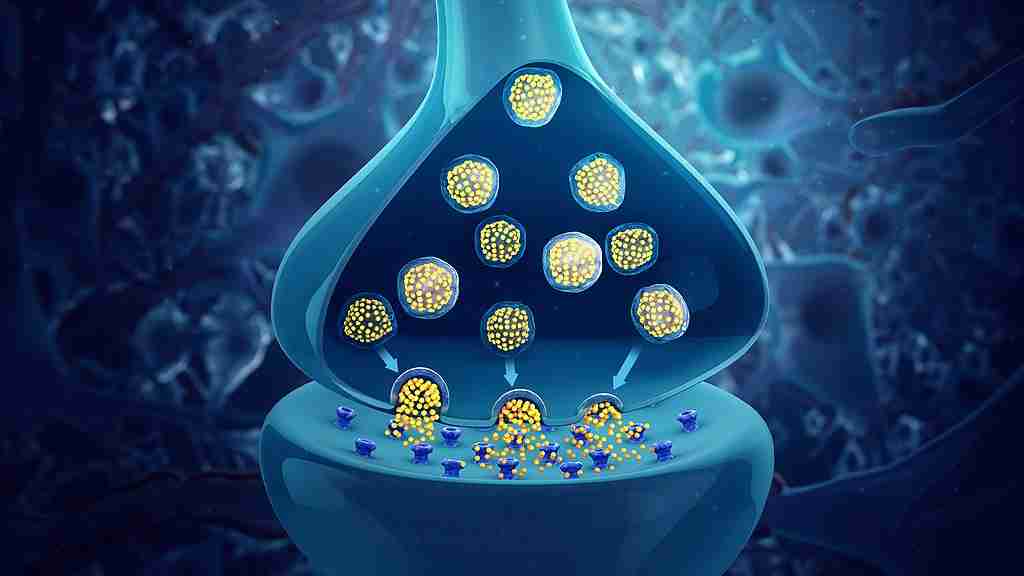ADHD coaching started in the late 1990s in which individuals saw general coaching skills as useful for helping people with ADHD. An ADHD coach is a professional trained to guide and support a person in overcoming the challenges of living with ADHD at work, at school and at home. Specifically, ADHD coaches help their clients:
- Create structures and tools to stay on track
- Improve organizing skills and design organizing systems
- Plan projects, get clear on tasks and manage time
- Increase self-awareness
- Set and reach their goals
- Improve crucial lifestyle habits such as diet, sleep and exercise
- Improve relationship and communication skills
- Identify and prioritize difficulties such as anger management, low self esteem.
- Identify strengths such as multi-tasking, lateral thinking, willingness to take risk
ADHD coaching is not psychotherapy; Instead of focusing on a person’s past and their emotional healing, coaching focuses on taking action so a person can move to where they want to go in life. Some people work with a coach while they work concurrently with a therapist or counselor. Usually the coach and client work for six months or more. At times coaching can be done through telephone three or four times a week.
According to a research study compromising 127 students with ADHD from 8 universities and two communal done by the Edge Foundation, their coaching services were a highly effective intervention to help students improve executive functioning and related skills. Using the Learning and Study Strategies Inventory (LASSI) as a measurement they compared between two groups one who used ADHD coaching and another group that didn’t.
The difference in gain on total LASSI scores between the Edge coaching group and the comparison group was statistically significant (p < .01.The Edge coaching group had a mean gain of 182.67 points pre to post, whereas the comparison groups mean gain was only 64.05 points.



